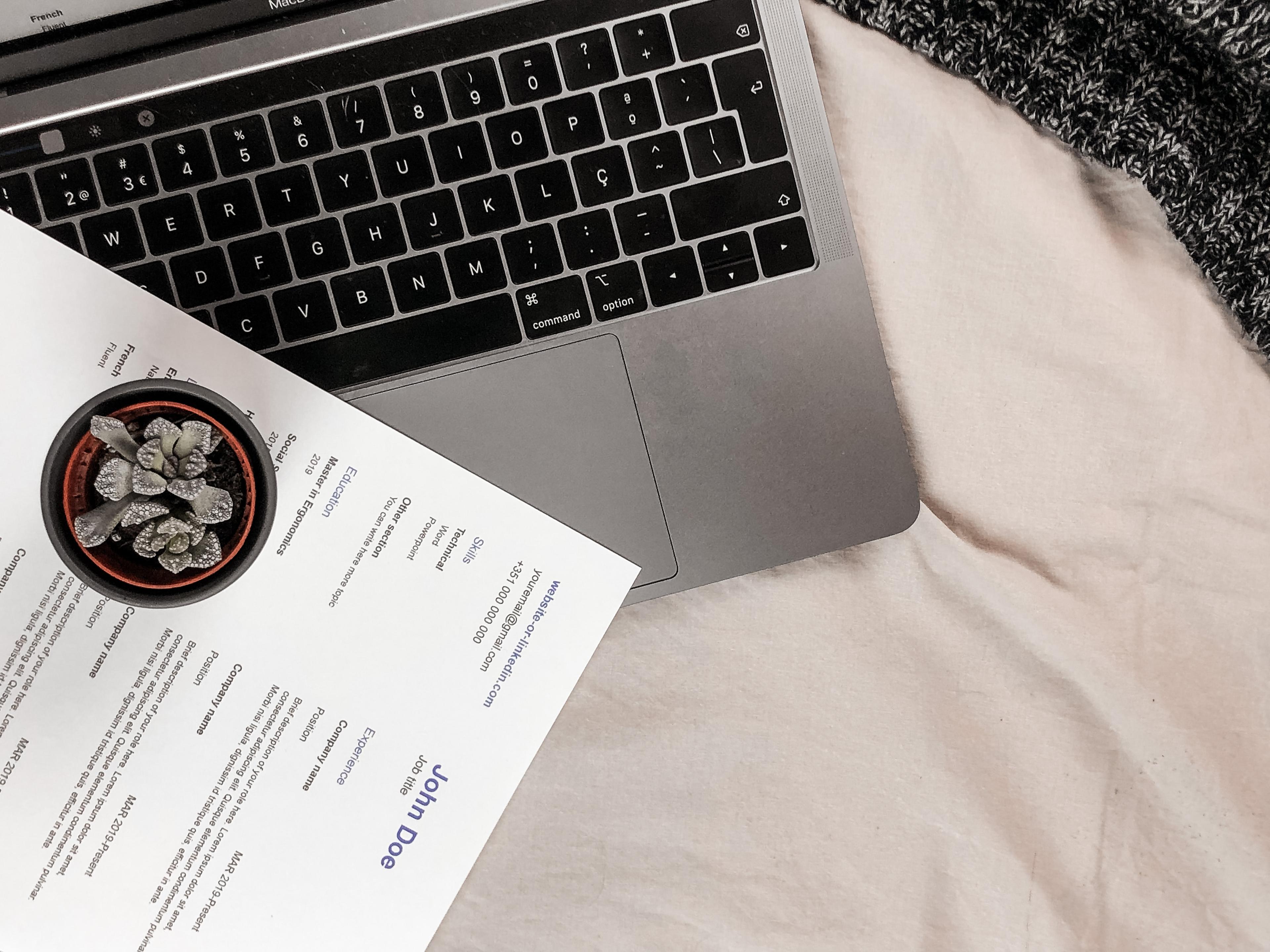Navigating Investment Banking Superdays: A Comprehensive Guide
Looking to make your mark in the world of investment banking? Look no further! Immerse yourself in our all-encompassing guide, specifically designed to equip you with an unparalleled arsenal of knowledge and strategies, essential for conquering the highly competitive landscape of Superdays.
Posted June 13, 2025

Table of Contents
Investment Banking Superdays are a critical part of the investment banking recruitment process. They are often the final stage following networking sessions, phone screens, and initial interviews, where candidates get a chance to showcase their knowledge, skills, and experience in front of some of the top investment banking professionals at a firm. In this comprehensive guide, we will go over all aspects of Investment Banking Superdays, from what they are to how to prepare for them, what to expect during them, and how to follow up to maximize your chances of getting a job offer.
What are Investment Banking Superdays?
Before we dive into the intricacies of the Investment Banking Superday, it's crucial to understand what it is. An Investment Banking Superday is the culmination of the recruitment process for investment banking roles, where a select group of candidates are invited for a full day of interviews and activities to assess their suitability for the firm. Candidates often go through several rounds of interviews before being invited to a Superday, which usually consists of a series of interviews, group exercises, technical assessments, and presentations.
During the Superday, candidates are typically given the opportunity to meet with senior members of the investment banking team, including managing directors and partners. This provides candidates with a chance to gain a deeper understanding of the firm's culture, values, and business strategy. Additionally, candidates may be given the opportunity to network with current employees and other candidates, which can be a valuable way to build relationships and gain insights into the industry.
It's important to note that the Superday is a highly competitive process, and only a small percentage of candidates who are invited to participate will ultimately receive an offer. However, even if a candidate is not offered a position, the experience of going through the Superday can be incredibly valuable. It provides candidates with an opportunity to hone their interview skills, gain exposure to different firms and cultures, and learn more about the investment banking industry as a whole.
Regular Interview vs. Superday
Investment Banking Superdays are significantly different from regular interviews, as they involve multiple rounds of interviews, group exercises, technical assessments, and presentations. These assessments are designed to test a candidate's suitability for the role and the firm, including their technical knowledge, commercial awareness, communication skills, leadership potential, and fit with the team and the culture. In contrast, regular interviews are often shorter, one-on-one, and more focused on the candidate's experience, skills, and qualifications. Candidates should prepare differently for Investment Banking Superdays than they would for regular interviews, including practicing case studies, financial modeling, and industry research.
Key Components of an Investment Banking Superday
An Investment Banking Superday usually consists of a series of interviews, group exercises, technical assessments, and presentations.
Interviews
The interviews are typically one-on-one or panel interviews with senior bankers and members of the recruitment team. The interviews are designed to assess a candidate's personality, leadership potential, communication skills, commercial awareness, teamwork, and fit with the firm and the role.
Group Exercises
The group exercises are designed to test a candidate's ability to work effectively in a team and solve complex problems under pressure. These exercises can range from case studies, group discussions, brainstorming sessions, and role-playing exercises.
Technical Assessments
The technical assessments are designed to test a candidate's knowledge and skills in accounting, finance, valuation, and financial modeling. These assessments can range from multiple-choice tests, case studies, live deal simulations, and financial modeling exercises.
Presentations
The presentations are designed to test a candidate's communication skills, commercial awareness, and attention to detail. These presentations can range from industry research, company analysis, financial analysis, and pitch books.
What to Expect During an Investment Banking Superday
Investment Banking Superdays can be intense and challenging, but they can also be exciting and rewarding. Candidates can expect to meet with a wide variety of investment banking professionals, including senior bankers, analysts, associates, and members of the recruitment team; this will allow them to learn more about the firm, its culture, values, and opportunities.
Candidates can also expect to participate in multiple rounds of interviews, group exercises, technical assessments, and presentations throughout the day. Candidates should come prepared to be challenged on their technical knowledge, commercial awareness, leadership potential, communication skills, and fit for the role and the firm.
How to Prepare for an Investment Banking Superday
Preparation is key to acing an Investment Banking Superday. Candidates should start preparing as soon as they receive an invitation to attend a Superday. First and foremost, they should research the firm and the team they will be interviewing with, including its history, culture, values, recent deals, and news. Secondly, they should review their technical skills and knowledge, including accounting, finance, valuation, and financial modeling. Thirdly, they should practice their interview skills, including answering competency-based questions, asking intelligent questions, and communicating their interest and fit for the role. Fourthly, candidates should prepare for the day itself, including what to wear, what to bring, and how to get there.
Another important aspect of preparing for an Investment Banking Superday is to network with current or former employees of the firm. This can provide valuable insights into the firm's culture, interview process, and expectations. Candidates can also attend networking events or informational interviews to learn more about the industry and the firm.
Finally, it is important to stay up-to-date with current events and market trends, as this knowledge can be useful during the interview process. By taking these extra steps, candidates can increase their chances of success during an Investment Banking Superday.
Check out these articles for more topics on honing your skill set and preparing for a Superday:
- Key Skills Every Aspiring Investment Banker Must Have
- Excel Mastery for Investment Banking: Tips & Tricks for Efficiency
- Staying Up-to-Date with Investment Banking Market Trends: A Comprehensive Guide
- Best Books & Resources for Aspiring Investment Bankers
Common Questions Asked During an Investment Banking Superday
Candidates can expect a wide variety of questions during an Investment Banking Superday, depending on the interviewer, the role, and the stage of the process. However, some common questions that candidates can prepare for include:
- Tell me about yourself and your experience
- Why do you want to work in investment banking?
- What do you know about our firm and our industry?
- What are your key strengths and weaknesses?
- How do you deal with stress and pressure?
- What are your long-term career goals?
- What do you think are the biggest challenges facing the investment banking industry?
- What are some recent mergers and acquisitions or IPOs that caught your attention, and why?
- How do you calculate a company's cost of capital?
- What is a leveraged buyout (LBO), and how does it work?
Read:
- Ace Your Investment Banking Interview: Insider Advice and Strategies
- Uncommon Investment Banking Interview Questions: How to Prepare
What Happens After an Investment Banking Superday?
After an Investment Banking Superday, candidates can expect to receive feedback from the firm, usually within a week or two. The feedback can be in the form of a job offer, a rejection, or further interviews. If a candidate is successful and receives a job offer, they should carefully review the offer, including the salary, benefits, start date, and contract terms. If a candidate is unsuccessful, they should ask for feedback, thanking the firm for the opportunity and using the feedback to improve their skills, knowledge, and experience for future opportunities.
Strategies for Following up after an Investment Banking Superday
Following up after an Investment Banking Superday can make a significant difference in maximizing your chances of getting a job offer. Firstly, candidates should send a thank-you email to all the interviewers, thanking them for their time and highlighting their interest and fit for the role and the firm. Secondly, candidates should connect with the interviewers on LinkedIn, adding a personalized message and expressing their gratitude for the opportunity. Thirdly, candidates should keep in touch with the firm, following up on any feedback or updates, and showing their continued interest in the role and the firm.
The Importance of Networking During and After an Investment Banking Superday
Networking is a critical part of the investment banking industry and should be an essential part of a candidate's job search strategy. Candidates should network as much as possible during and after an Investment Banking Superday, including reaching out to alumni, attending industry events, and connecting with professionals on LinkedIn. Networking can help candidates learn more about the industry, find job opportunities, and build long-lasting relationships with professionals in the field.
Conclusion
Investment Banking Superdays can be challenging, but they also present a unique opportunity for candidates to showcase their skills, knowledge, and experience in front of some of the top investment banking professionals. By being prepared, professional, and respectful, candidates can maximize their chances of landing a job offer and launching a successful career in investment banking.












